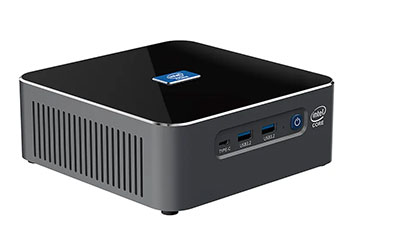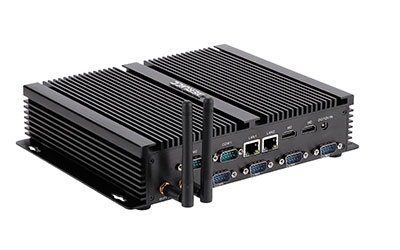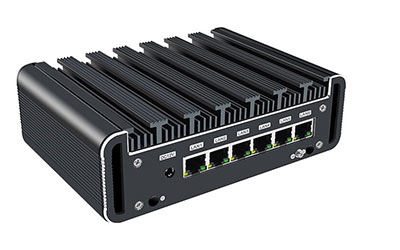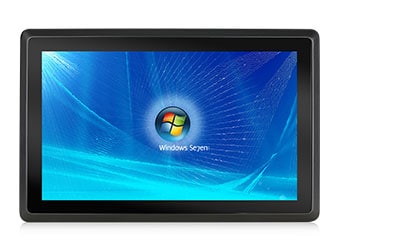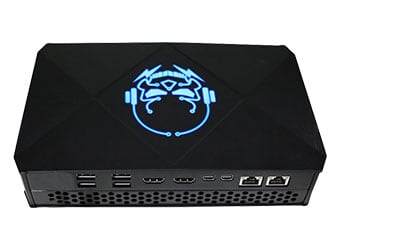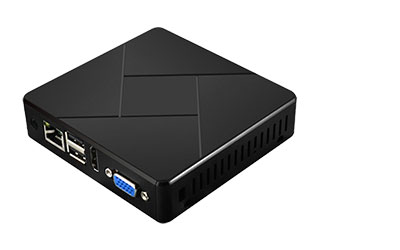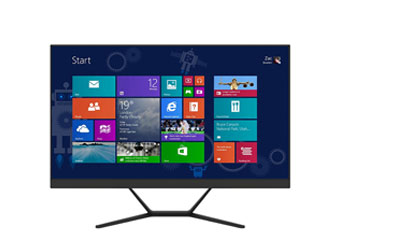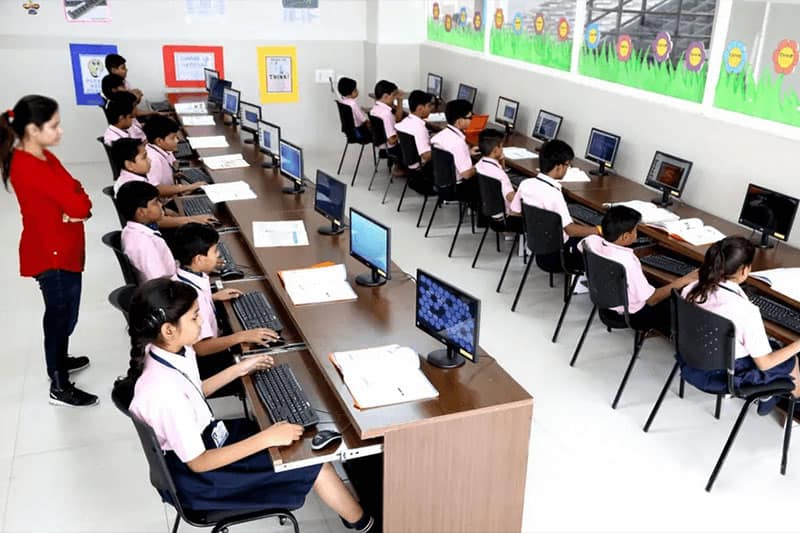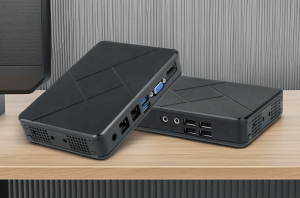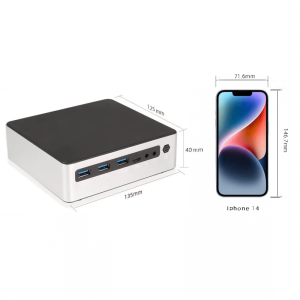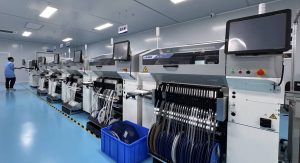Mini PCs can be used for a variety of educational purposes, such as creating and editing documents, browsing the internet, running educational software, and conducting online research. They can also be used for multimedia projects, such as creating and editing videos, photos, and audio recordings.
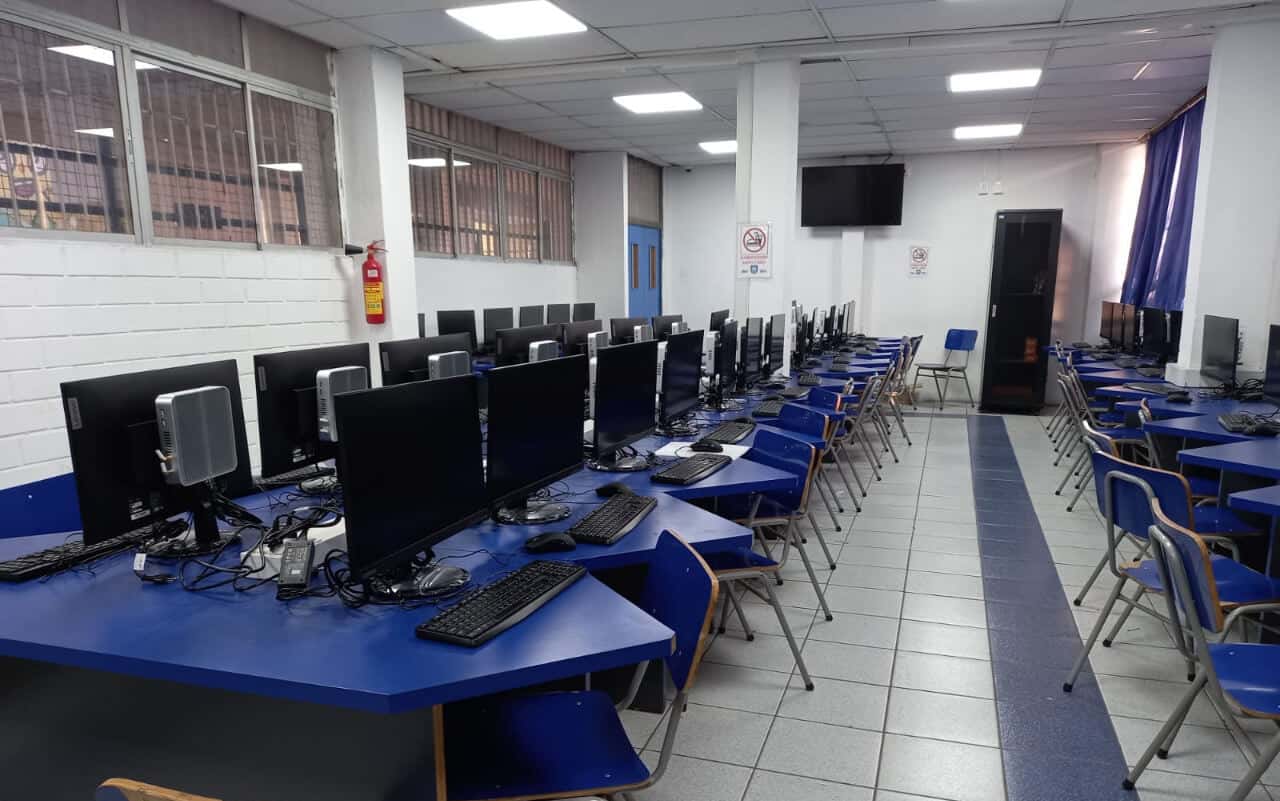
There are several advantages to using mini PCs in education, including:
Portability: Mini computers are compact and lightweight, making them easy to carry between classrooms or locations. This makes them ideal for educators who need to move around frequently or who work remotely.
Affordability: Mini PCs are often less expensive than traditional desktop computers, which can make them a more accessible option for schools and educators on a tight budget.
Energy efficiency: Mini PC consumes less energy than traditional desktop computers, which can result in lower energy bills and a reduced carbon footprint.
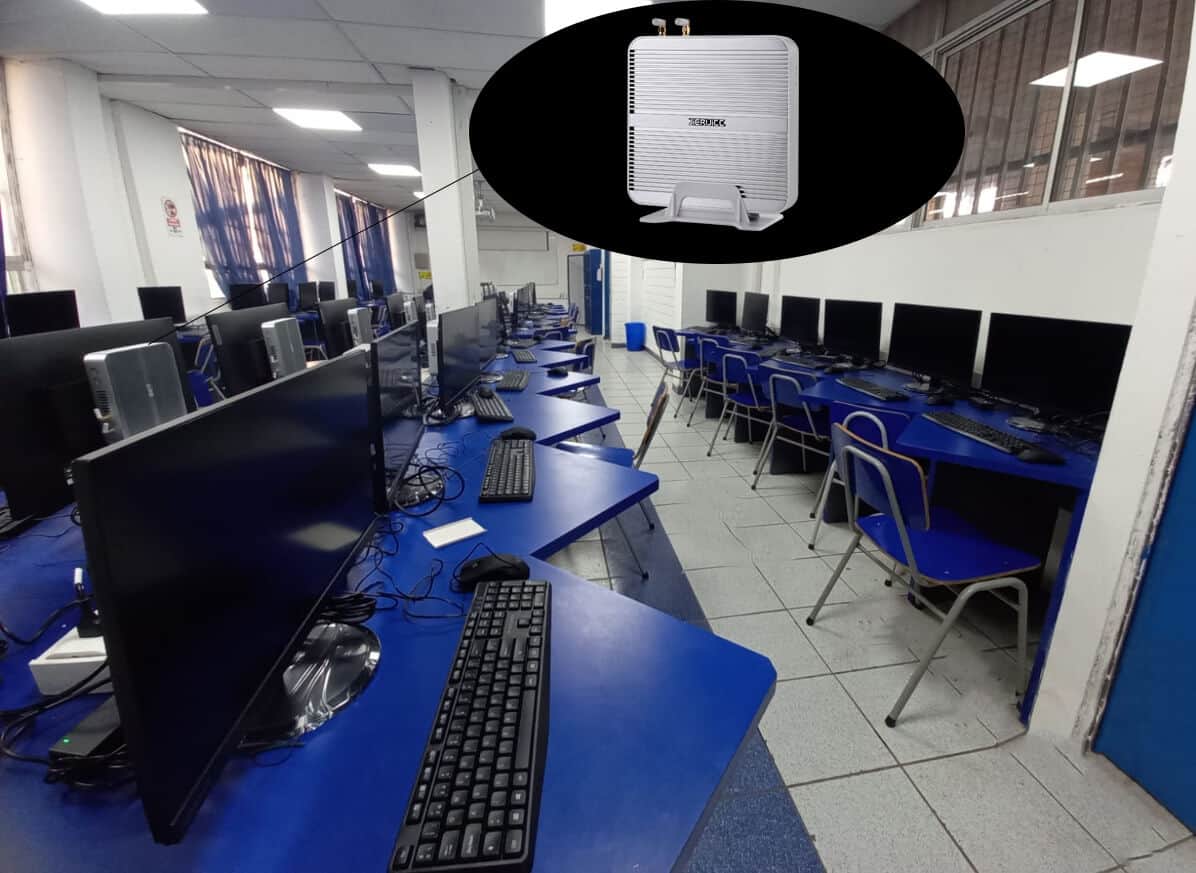
Easy to set up: Mini PCs are often easy to set up and use, with many models offering plug-and-play functionality. This means that educators can get up and running quickly without needing extensive technical expertise.
Customizability: Mini PCs can often be customized to meet the specific needs of an educator or school. This can include adding more storage or memory, installing specific software, or connecting to external peripherals.
Security: Mini PCs can offer enhanced security features, such as encryption and password protection, to help keep sensitive data and personal information safe.
Overall, mini PCs offer several advantages for educators in terms of portability, affordability, energy efficiency, ease of use, customizability, and security.
JIERUICC Mini PCs recommend for Computer lab / Library / CBT Center / Multimedia classroom as below:
i3/i5 8th Fanless Mini PC GT770
Core I7 4500U Fanless Mini PC – GreenthinPC (jieruicc.com)

